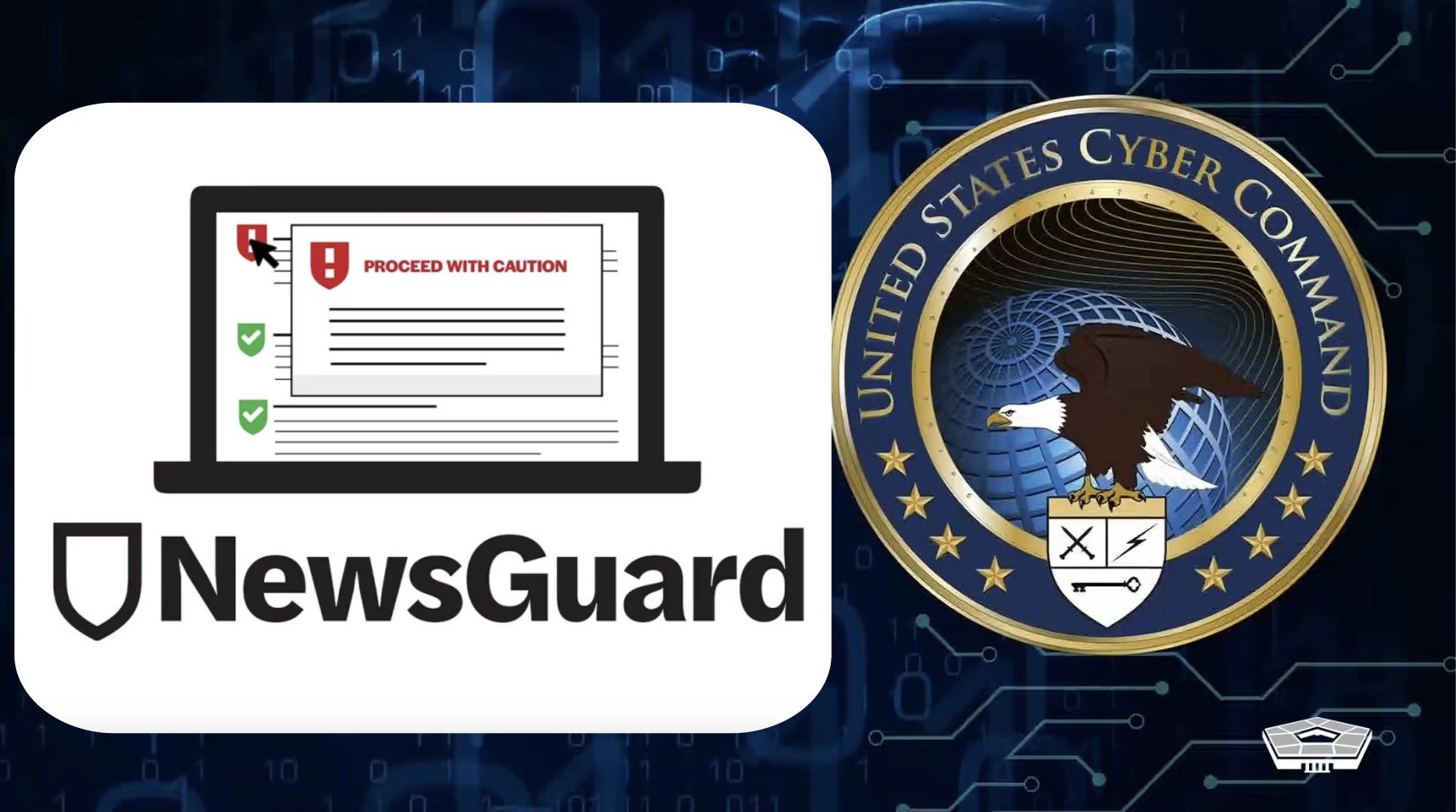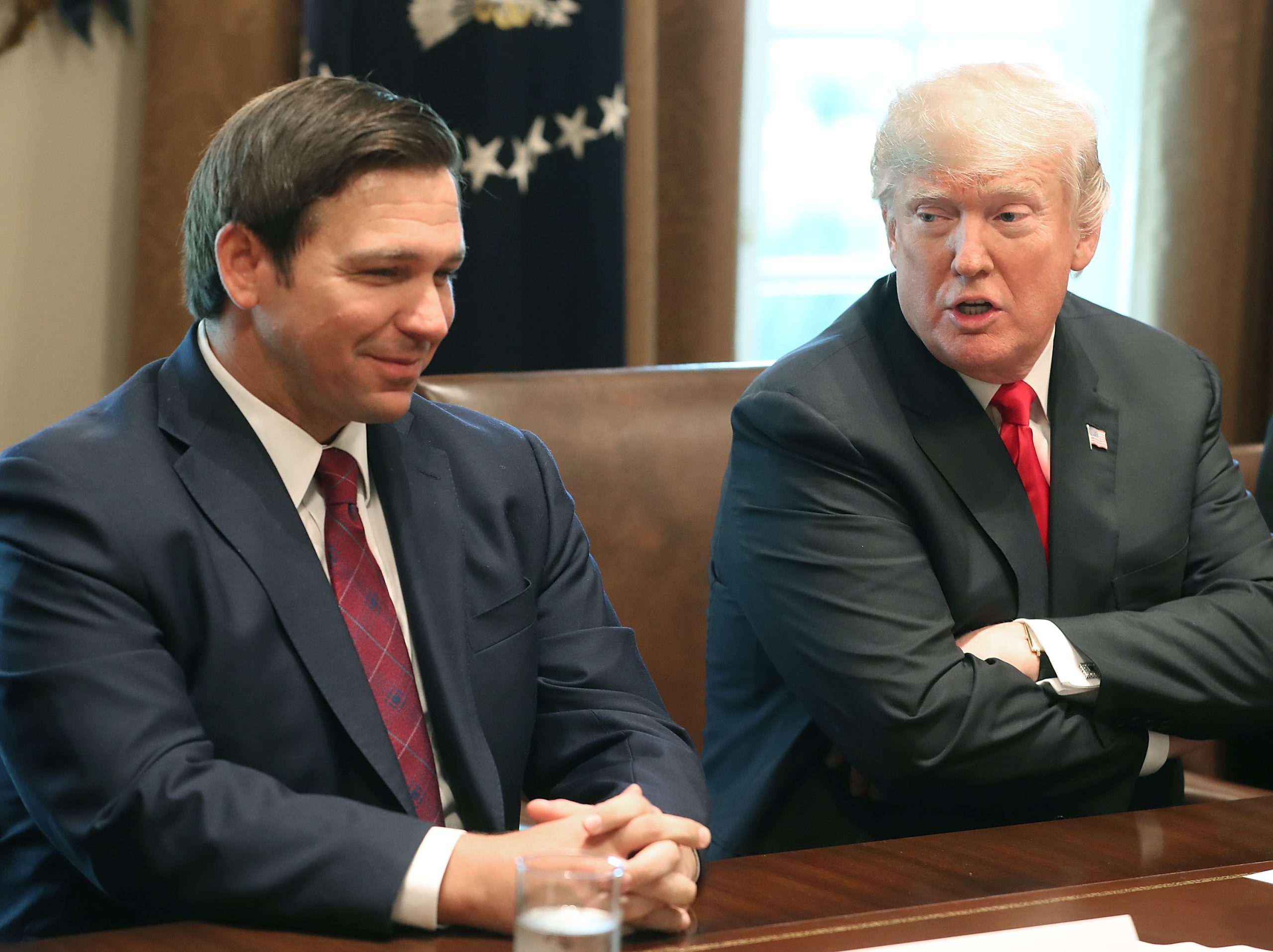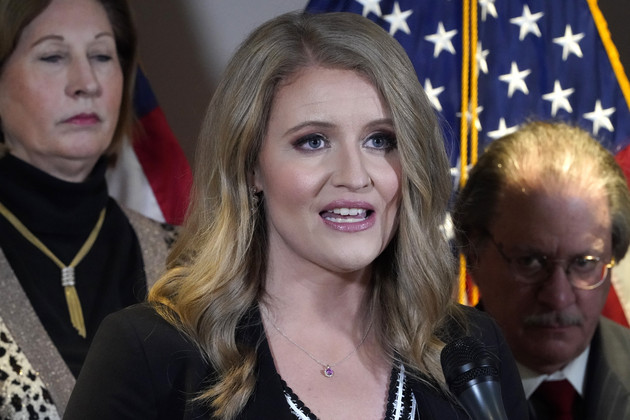The investigative magazine Consortium News has taken a bold step, filing a lawsuit against online watchdog NewsGuard and the U.S. government, citing defamation and freedom of speech restrictions. In this article, we delve into the legal clash, highlighting the concerns and implications surrounding this intriguing lawsuit.
NewsGuard's Alleged Biases: A Closer Look Consortium News' lawsuit revolves around the alleged biases of NewsGuard, an online watchdog. NewsGuard, in theory, provides a reliability rating system for news outlets. It claims to be non-partisan, but concerns have been raised about its apparent favoritism toward mainstream media while scrutinizing conservative and alternative sources. This lopsided approach has raised questions about its impartiality.
Pentagon's Involvement: Conflict of Interest? What further complicates this legal saga is the Department of Defense's involvement. The Pentagon awarded NewsGuard a substantial sum of $750,000 in 2021 for their project "Misinformation Fingerprints." This project's aim is to combat the proliferation of hoaxes, falsehoods, and misinformation. However, this partnership with a government entity has raised eyebrows, as it can lead to a conflict of interest when assessing news related to U.S. foreign policy. This potential bias may explain why Consortium News and other alternative sources receive unfavorable ratings.
Threats to First Amendment Rights Consortium News' attorney, Bruce Afran, emphasizes the grave implications of this scenario on First Amendment rights. He asserts that the government's condemnation of media as "anti-U.S." and accusing them of publishing "false content" due to disagreements with U.S. policies can result in self-censorship and undermine the intended public debate protected by the First Amendment. This lawsuit, therefore, holds significance beyond the involved parties and could have far-reaching consequences for media freedom in the United States.
NewsGuard's International Collaborations NewsGuard's influence extends beyond U.S. borders. It has formed collaborations with international entities, such as the European Union. In February 2022, NewsGuard announced its collaboration with the European Commission's Joint Research Centre to provide data monitoring for tracking online misinformation. This partnership raises concerns about the global reach of NewsGuard's influence on information dissemination and censorship.
Elon Musk's Stance: A Powerful Critique Elon Musk, the tech billionaire, has not held back in his criticism of NewsGuard. He referred to it as a "scam" and called for its immediate disbandment upon learning of its cooperation with the European Union's online regulators. Musk alleges that NewsGuard is pushing a political agenda under the guise of safeguarding the public. His critique highlights the polarizing nature of NewsGuard's activities.
NewsGuard's Approach to Disinformation In its 2022 "Misinformation White Paper," NewsGuard indirectly acknowledged that challenging established viewpoints could result in lower ratings. It cited instances where red-rated sites during the German Federal Election in 2021 were seen as spreading content critical of vaccination, lockdowns, and climate protection measures. This stance has sparked criticism, as it implies that divergent voices are being silenced.
Pressure on Media Outlets Consortium News' lawsuit is not an isolated case. Other media outlets have claimed they were pressured by NewsGuard to align with government-approved narratives. For example, PragerU alleged that it was asked to refrain from criticizing COVID-19 lockdown policies, questioning the safety of vaccines, and discussing treatments not endorsed by the government in exchange for a better rating. This raises questions about the extent to which NewsGuard influences content and editorial decisions.
Inaccuracies in Rating: LifeSiteNews Case Another concern is the accuracy of NewsGuard's ratings. In the case of LifeSiteNews, the organization erroneously claimed that an article from July 2018 did not note that the legislation it discussed banned flying flags other than the American flag. This inaccuracy casts doubt on the reliability and thoroughness of NewsGuard's assessments.
Conclusion: The legal battle between Consortium News, NewsGuard, and the U.S. government is a complex and far-reaching issue that has ignited discussions about free speech, media bias, and government influence. As this case unfolds, it will undoubtedly have implications for the future of media and the protection of First Amendment rights in the United States.
I'm reaching out to ask for help in raising funds to purchase a modest, dependable used car. Having a vehicle would not only restore my independence but also allow me to engage more actively in my community and maintain essential aspects of daily living.
Help Chris Regain Independence with a Reliable Vehicle at GoGetFunding



